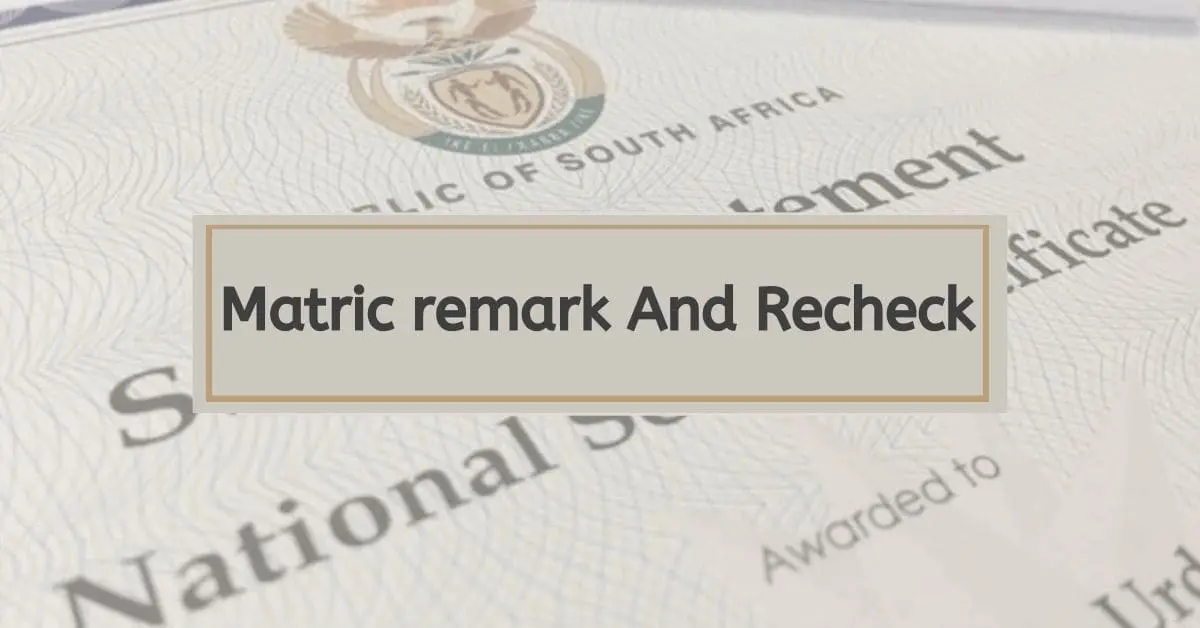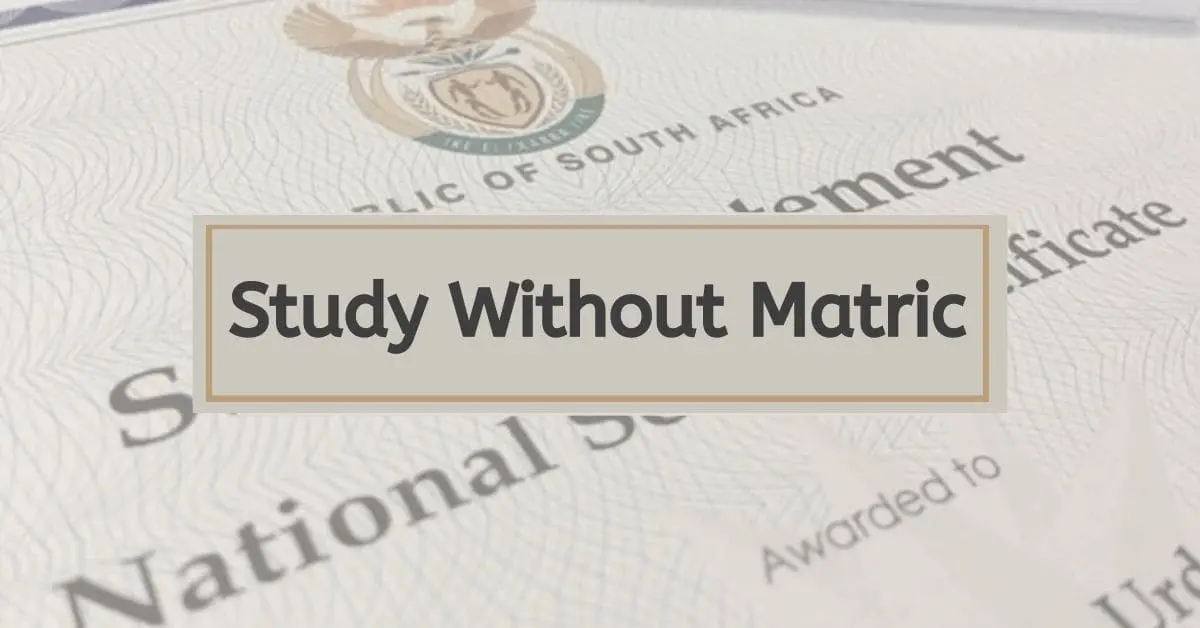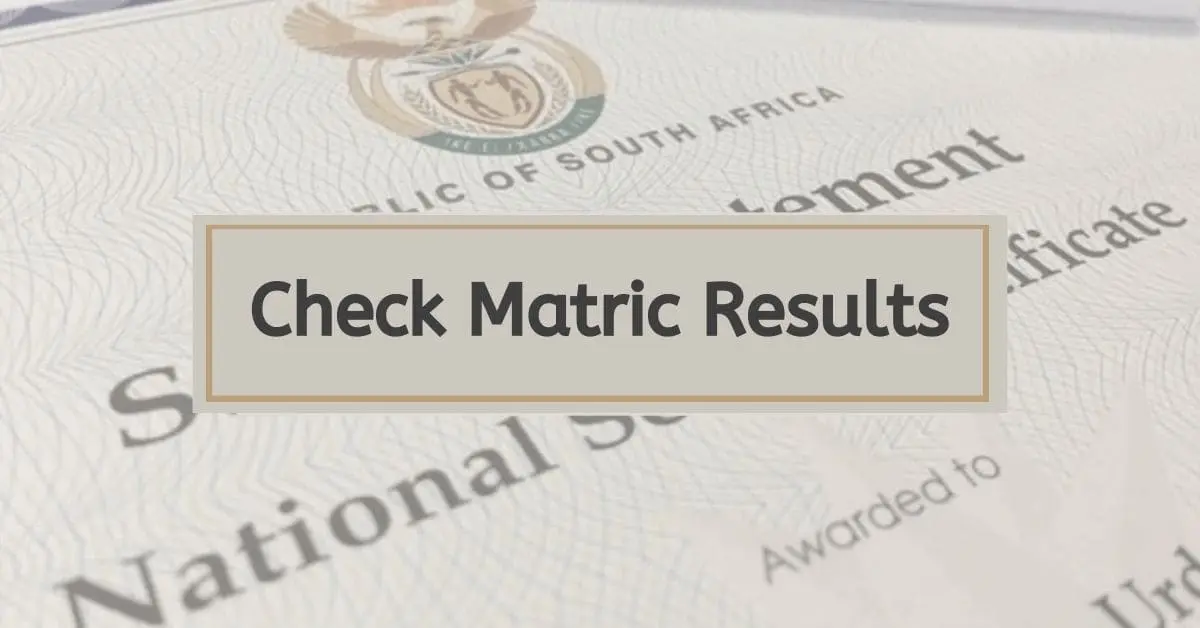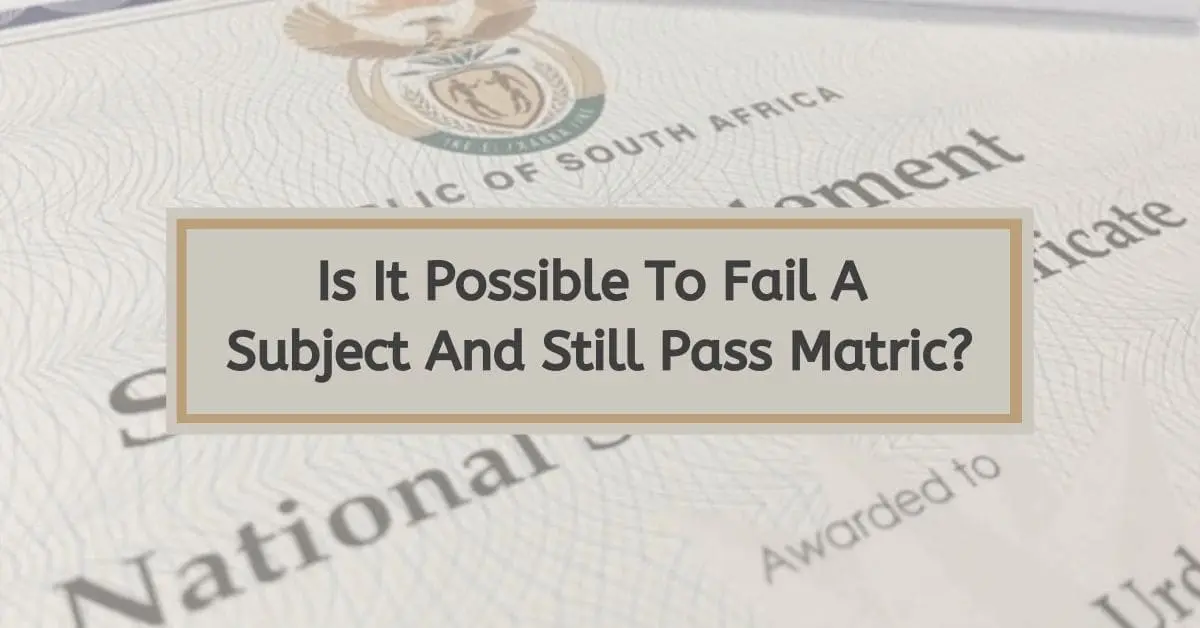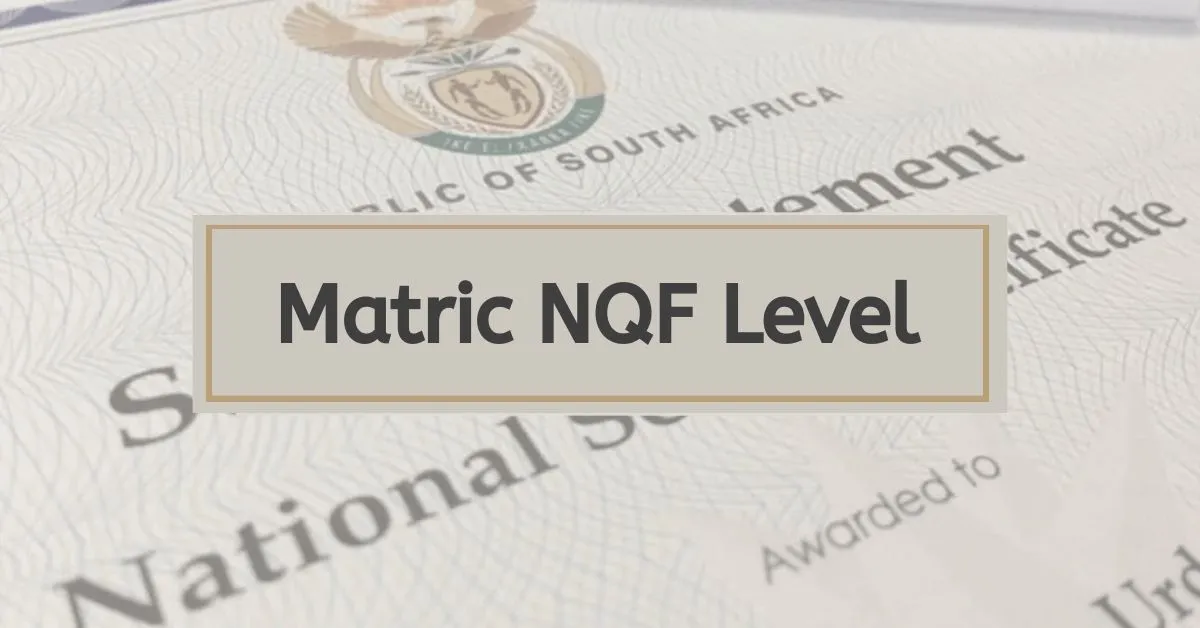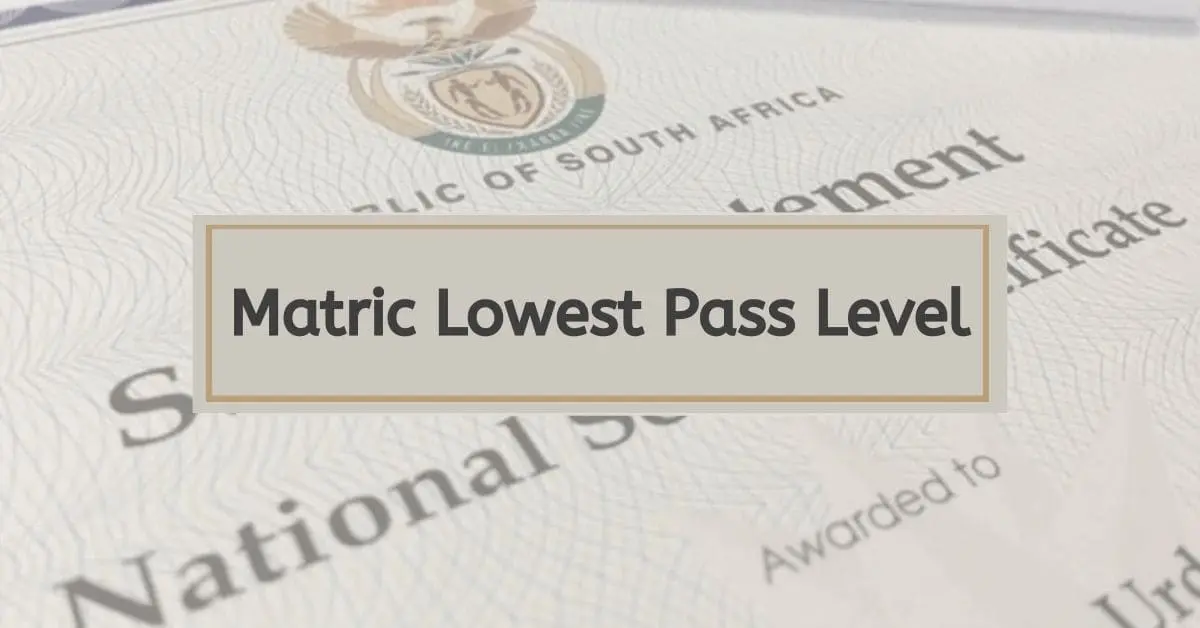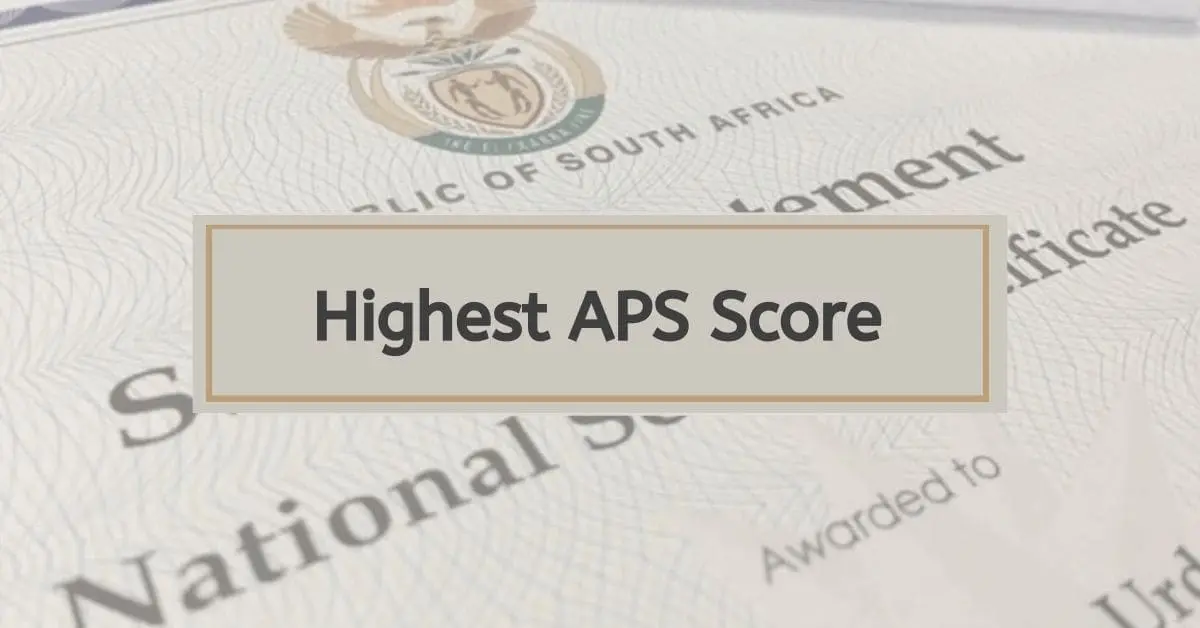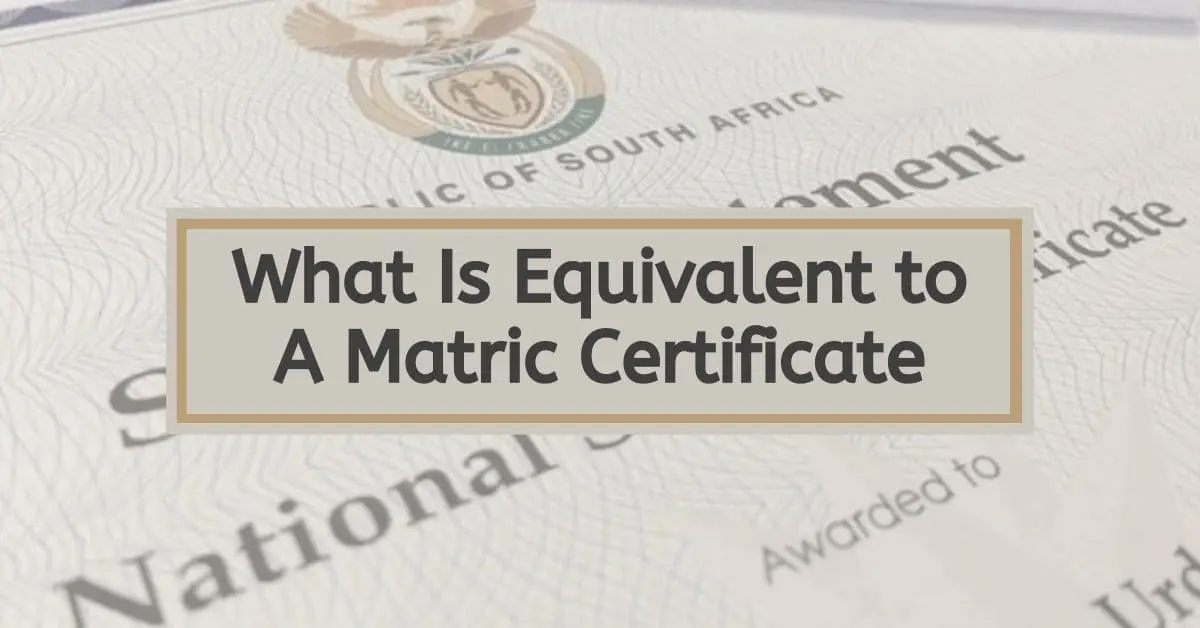Understanding the educational landscape in South Africa can unravel the potential of many students. Once education is mentioned, there will be some assessment, and those assessments are translated into grades.
Considering the diverse grading system, the admission point score takes the lead. This is because most of the evaluation is done at the tertiary level.
Educational institutions utilize the admission point score, a numerical value, to evaluate and compare the academic accomplishments and qualifications of individuals seeking admission.
The admission point score serves the purpose of offering institutions a standardized method to fairly and efficiently evaluate a large number of applicants. Every institution has its own set of criteria and weightings for the various components of the admission point score. This gives them the flexibility to choose candidates who meet their specific academic standards and program requirements.
What Is A Good AP Score?
The APS score is a numerical value that universities depend on to evaluate the academic performance of potential students and decide whether they meet the requirements for admission to particular programs.
The APS scoring system usually considers your final Grade 12 (matric) results, which includes the scores you obtained in various subjects. In general, having a higher APS score can improve your chances of being accepted into competitive programs, which is generally seen as a positive outcome.
A high admission point score increases your chances of easily getting admitted into a university. While each university has its own specific admission requirements, having a strong APS score can greatly increase your chances of being accepted into any university without much difficulty.
What is the APS score for a university in South Africa?
The term “APS score” refers to the Admission Point Score in the South African higher education system.
The APS score is a numerical value that universities in South Africa use to evaluate and compare the academic achievements of high school students. It is primarily used to determine eligibility for admission into undergraduate programs.
The APS score system may differ slightly between universities, as each institution may assign varying point values to different subjects.
The APS Score of the university is not the same as the APS Score of the course. This implies that the university will consider your APS Score for admission, but it does not guarantee acceptance into the specific course you desire to apply for. That is why certain universities may encourage you to consider selecting a backup choice and a third alternative. The APS score you should aim for is the one that aligns with your individual needs as a student.
How Do You Calculate APS Score?
To calculate your APS score, it is necessary to have information about the allocated points for each percentage range of the subjects’ scores. The points earned for each subject are added together until the total points for all 6 subjects have been calculated. To calculate your total APS Score, you should add the points earned for each subject based on the percentages provided below.
For instance, if you have written down 6 subjects, you need to add up the points earned in each of these subjects to calculate your APS score.
80% – 100% = 7 points
70% – 79% = 6 points
60% – 69% = 5 points
50% – 59% = 4 points
40% – 49% = 3 points
30% – 39% = 2 points
0% – 29% = 1 point
What is the highest APS score in South Africa?
The APS score, also known as the Admission Point Score, is a numerical measure that reflects a student’s academic abilities. Educational institutions widely use it to evaluate the suitability of applicants for admission into different tertiary programs.
The numerical value represents the percentage score. Exam scores typically fall within a range of 0 to 100%, with the specific number varying between 1 and 7.
The highest APS score achieved is 42, which is determined by the results of six subjects taken at the end of high school.
What is an AP score in South Africa?
The admission point, which is always shortened as APS or APS score, is considered to be the widely used grading criteria in South Africa.
The AP score is calculated at the end of the matric exams to determine the performance of students. This AP score is calculated based on points received for every subject written in the matric exams.
The AP score reflects the examination results of students that could lead them to the university. Although the high school system does not look at students’ performance in AP score all the time, based on the admission standards, most of the universities in South Africa accepts AP scores more than any other collective grade from the matric results.

